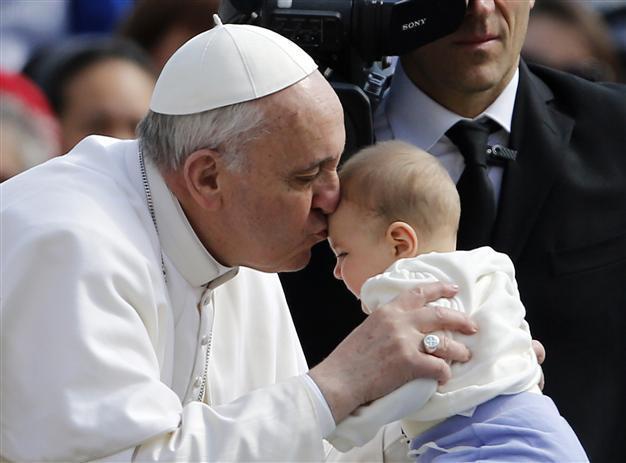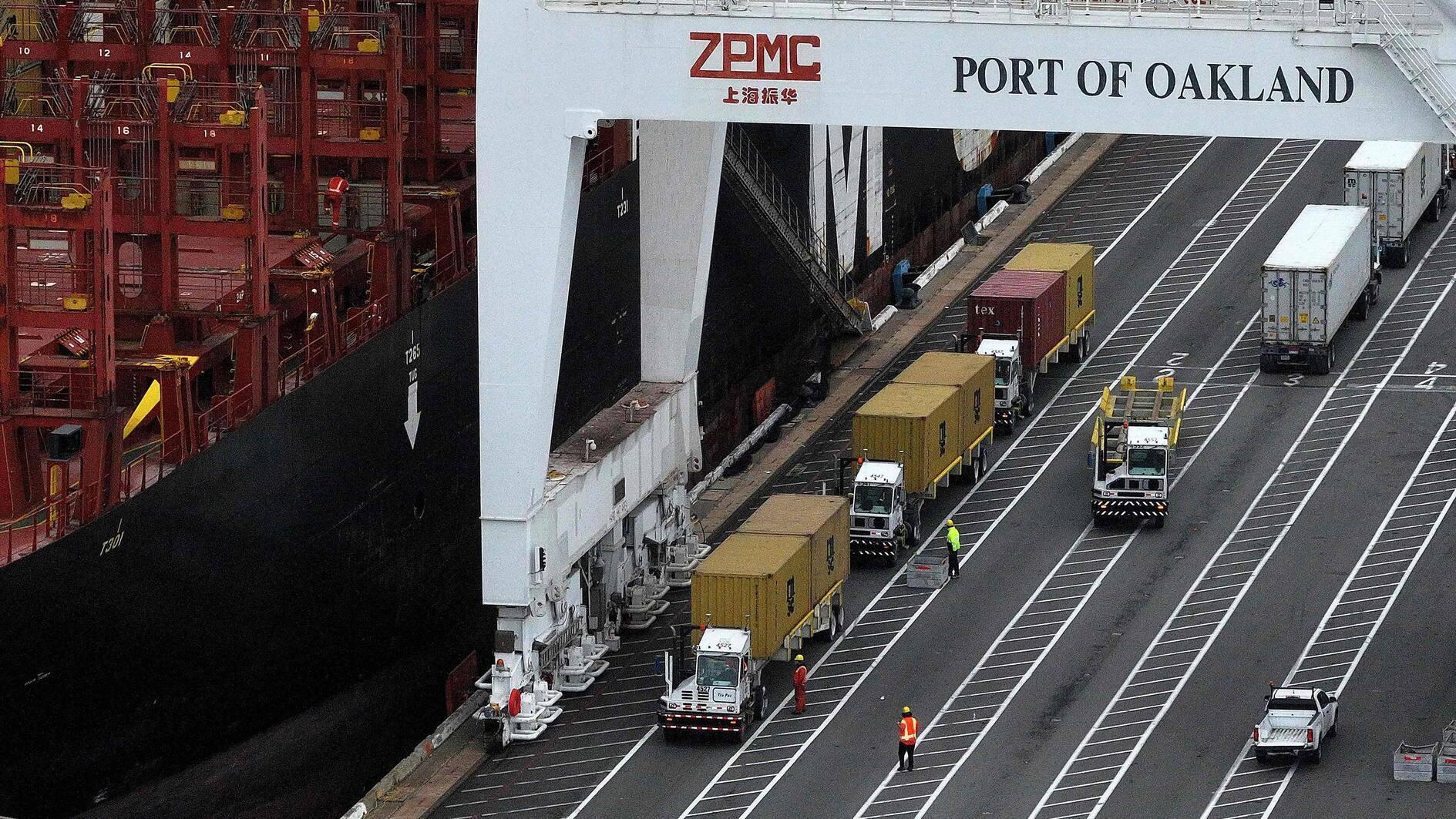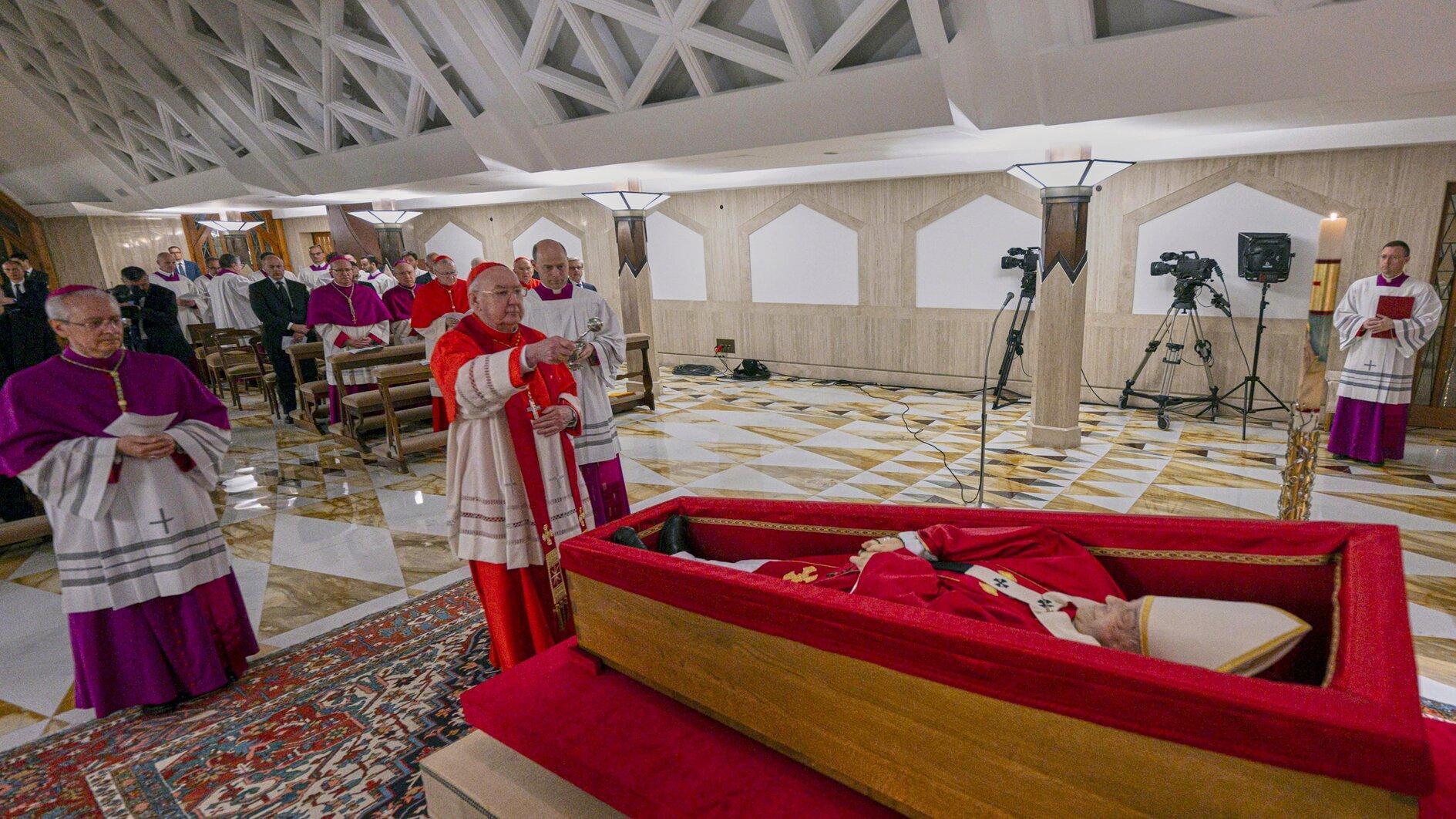Pope appoints new Buenos Aires archbishop
VATICAN CITY - Agence France-Presse

Pope Francis kisses a baby handed to him as he is driven through the crowd during his general audience, in St. Peter's Square, at the Vatican, Wednesday, March 27, 2013. (AP Photo/Andrew Medichini)
Pope Francis made his first clerical appointment today, assigning the bishop of Santa Rosa in Argentina to take over his former post as archbishop of the large diocese of Buenos Aires.Archbishop Mario Poli, 65, steps into the shoes of former Cardinal Jorge Mario Bergoglio as the top Catholic Church figure in Argentina.
Poli worked alongside Bergoglio in the Argentine capital -- which numbers 2.5 million faithful -- from 2002 to 2008, after he was appointed auxiliary bishop by Francis's predecessor Benedict XVI.
The pair are said to be close.
The world's first Latin American pontiff is expected to include a trip home to Argentina among his first visits abroad.
While Argentina's Clarin daily has cited Vatican sources saying the 76-year-old pope plans to travel there in the first weeks of December, no trip has yet been officially confirmed.
Pope urges Church to reach out to needy
Pope Francis urged priests to reach out to the needy as he prepared to wash the feet of young offenders in a Holy Thursday ritual at a Rome prison in his first Easter season as pontiff.
"We need to go out... to the outskirts where there is suffering, bloodshed, blindness that longs for sight and prisoners in thrall to many evil masters," the 76-year-old Argentinian said at a mass in St Peter's Basilica.
"It is not in soul-searching or constant introspection that we encounter the Lord," said Francis, who became the first pope from Latin America a fortnight ago and quickly made his mark as a staunch advocate for the poor and marginalised.
The pope has called for the Roman Catholic Church, which has been shaken by multiple scandals in recent years, to be more open and socially active as he begins his pontificate.
On Thursday he evoked the use holy oil used to anoint priests during their ordination, saying it was meant "for the edges" of society -- "for the poor, prisoners and the sick, for those who are sorrowing and alone".
The former archbishop of Buenos Aires, Jorge Mario Bergoglio, was known in Argentina for his strong social advocacy during his homeland's devastating economic crisis in recent years, his own humble lifestyle and his outreach in poor neighbourhoods.
Francis's decision to celebrate a mass commemorating Christ's Last Supper in the Casal del Marmo prison in northwest Rome later on Thursday, rather than the traditional venue of Rome's St John Lateran's Basilica, suggests a shake-up for the Church's keenly observed Easter rituals.
The washing of the feet is a tradition based on the belief that Christ washed the feet of his apostles on the evening of their final meal together before his death.
The Vatican has said the pope will celebrate mass in the prison with 35 male and 11 female offenders, aged from 14 to 21.
Most of the inmates at the institute are foreign-born and Muslim or atheist.
The 12 prisoners who will have their feet washed will be chosen from different nationalities and religious confessions.
It is not clear whether any of the inmates chosen to take part in the washing ceremony are female -- a gesture that would rile traditionalists because of the belief that the disciples were all male.
In his first general audience on Wednesday, Francis called on the world's 1.2 billion Catholics to reach out to "lost sheep" over the coming days.
"Holy Week challenges us to step outside ourselves so as to attend to the needs of others: those who long for a sympathetic ear, those in need of comfort or help," Francis told thousands of faithful gathered in St Peter's Square.
Holy Week, a series of deeply symbolic rituals commemorating Jesus Christ's crucifixion and resurrection, began four days ago on Palm Sunday, which recalls Christ's triumphant entry into Jerusalem on the back of a donkey, welcomed by crowds waving palm branches, before his arrest, trial and crucifixion. Easter Sunday is the holiest day of the Christian calendar.
On Friday, Francis will recite the Passion of Christ -- the story of the last hours of Jesus's life -- in St Peter's Basilica, before presiding over the Via Crucis ceremony by the Colosseum, where thousands of Christians are believed to have been martyred in Roman times.
This year's Stations of the Cross reflections have been written by two young Lebanese people under the guidance of the Maronite Patriarch Beshara Rai, who was given the task by Francis's predecessor Benedict XVI before he retired.
While a frail Benedict, now 85, presided over last year's celebrations from under a canopy next to the Colosseum, the septuagenarian Francis is expected to take part in the procession and even carry the wooden cross on his shoulder for part of the way.
On Saturday, the pontiff will take part in an evening Easter vigil in St Peter's Basilica. The Vatican has not yet said whether Francis will follow the tradition of baptising eight adult converts to the Church during the service.
On Sunday the Vatican's first non-European pope in nearly 1,300 years will celebrate Easter mass in front of tens of thousands of pilgrims in St Peter's Square and then pronounce the traditional "Urbi et Orbi" blessing to Rome and the world.
















